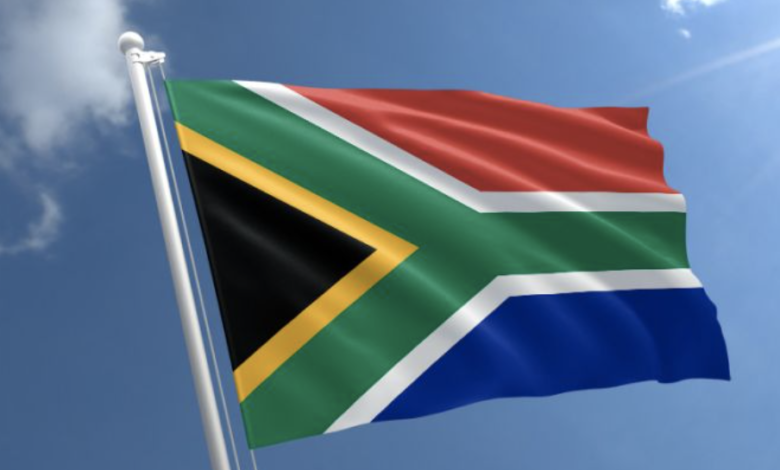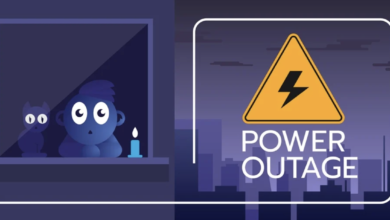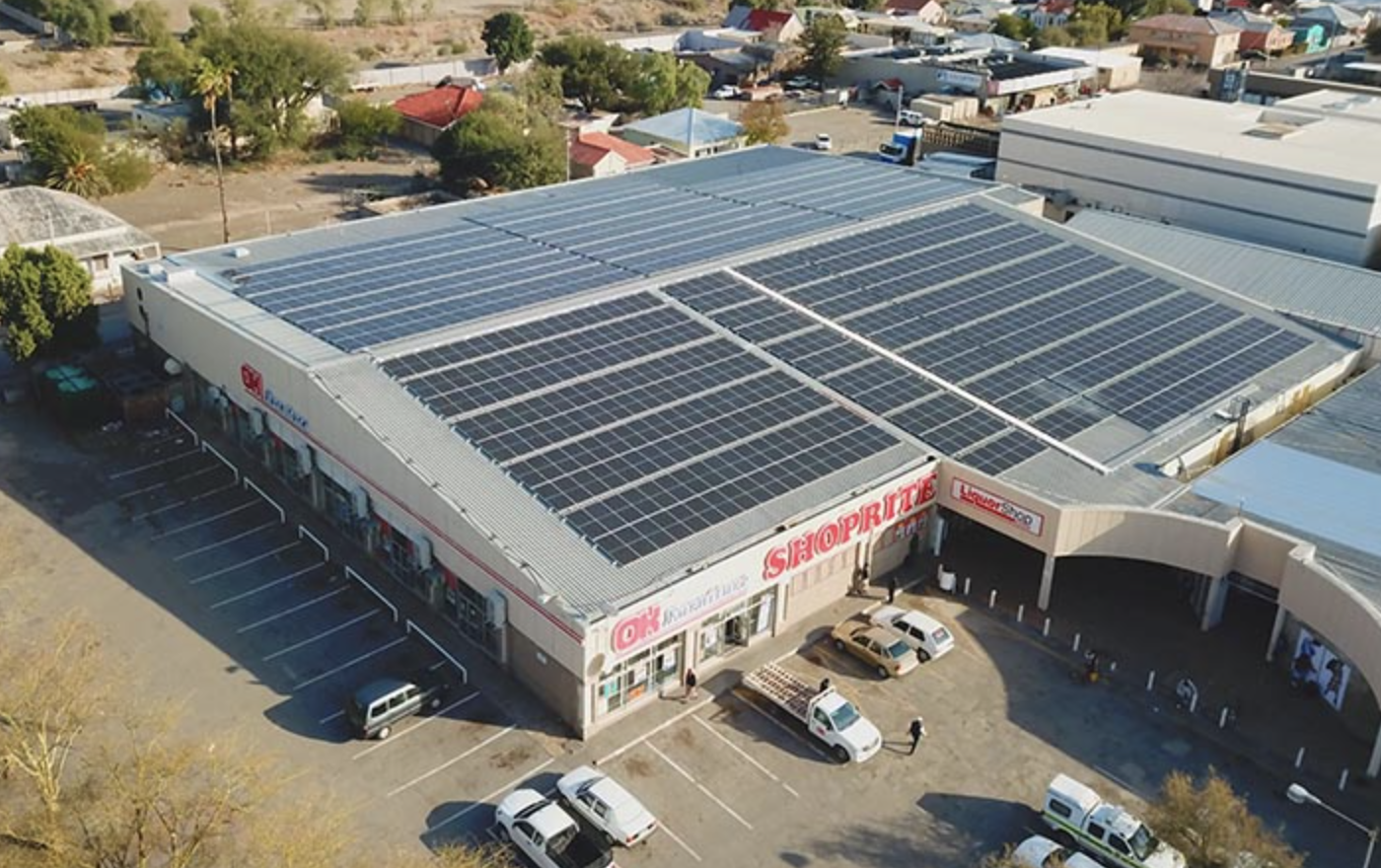
The South African government plays a pivotal role in shaping the nation’s political, economic, and social landscape. As the governing body responsible for administering the country, the South African government wields significant influence over the lives of its citizens. This article aims to provide a comprehensive understanding of the structure, functions, and impact of the South African government.

South Africa is a constitutional democracy with a multi-party system, where the government is elected through free and fair elections. The country’s political system is based on the principles of democracy, rule of law, and the protection of human rights. The government is responsible for a wide range of functions, from maintaining national security and public order to promoting economic development and social welfare.
Structure of the South African Government
The South African government is composed of three distinct branches: the executive, the legislative, and the judicial. The executive branch is led by the President, who serves as both the Head of State and the Head of Government. The legislative branch consists of the National Assembly and the National Council of Provinces, which are responsible for enacting laws and overseeing the activities of the executive branch. The judicial branch, on the other hand, is responsible for interpreting and applying the law, ensuring that the government and its citizens adhere to the principles of the Constitution.
The government is further divided into national, provincial, and local levels, each with its own unique responsibilities and powers. This multi-tiered structure allows for a more decentralized and responsive approach to governance, ensuring that the needs of citizens at all levels are addressed.
Functions and Responsibilities of the South African Government
The South African government is tasked with a wide range of functions and responsibilities, including:
- Governance and Administration: The government is responsible for maintaining political stability, ensuring the rule of law, and providing basic public services to citizens.
- Economic Development: The government plays a crucial role in shaping the country’s economic policies, promoting investment, and fostering sustainable economic growth.
- Social Welfare: The government is responsible for addressing social issues such as poverty, inequality, and access to education, healthcare, and other essential services.
- National Security: The government is responsible for protecting the country’s territorial integrity, safeguarding its citizens, and maintaining national security.
- International Relations: The South African government represents the country on the global stage, engaging in diplomacy, trade, and international cooperation.
Historical Background of the South African Government
The history of the South African government is marked by significant political and social upheaval. Prior to the end of apartheid in 1994, the country was governed by a racially-segregated system that denied the basic rights and freedoms of the majority of its citizens. The transition to a democratic, non-racial government was a hard-won struggle, led by the African National Congress (ANC) and other anti-apartheid movements.
Since the advent of democracy, the South African government has made significant strides in addressing the legacies of apartheid, promoting reconciliation, and building a more inclusive and equitable society. However, the country continues to face numerous challenges, including high levels of inequality, unemployment, and socioeconomic disparities.
The Role of the South African Government in Economic Development
The South African government plays a crucial role in shaping the country’s economic landscape. Through its policies and interventions, the government aims to promote sustainable economic growth, create jobs, and reduce poverty and inequality.
The government’s economic development strategies include:
- Investing in infrastructure projects, such as transportation, energy, and telecommunications, to support industrial and commercial activities.
- Providing incentives and support for small and medium-sized enterprises, as well as encouraging foreign direct investment.
- Implementing policies to address skills shortages and improve the employability of the workforce.
- Promoting the development of key industries, such as mining, manufacturing, and tourism, to drive economic diversification.
- Addressing the legacy of apartheid by implementing policies and programs to redress economic imbalances and promote more equitable access to economic opportunities.
The government’s efforts to stimulate economic growth and development have had varying degrees of success, and the country continues to grapple with the challenges of high unemployment, income inequality, and slow economic progress.
The Impact of the South African Government on Education and Healthcare
The South African government has recognized the importance of investing in education and healthcare as key drivers of social and economic development. The government has made significant strides in expanding access to these essential services, though challenges remain in ensuring their quality and equitable distribution.
In the education sector, the government has implemented policies and programs to improve access to primary and secondary education, increase enrollment rates, and enhance the quality of teaching and learning. This includes the provision of free and compulsory education, the construction of new schools, and the implementation of teacher training and development initiatives.
Similarly, the government has worked to expand access to healthcare services, particularly in underserved and marginalized communities. This includes the establishment of a universal healthcare system, the construction of new healthcare facilities, and the deployment of mobile clinics to reach remote areas. However, the healthcare system continues to face challenges, such as shortages of medical personnel, inadequate infrastructure, and the burden of communicable and non-communicable diseases.
The South African Government’s Efforts in Addressing Social Issues
The South African government has recognized the need to address the country’s significant social challenges, including poverty, inequality, gender-based violence, and the HIV/AIDS epidemic. The government has implemented a range of policies and programs to tackle these issues, with varying degrees of success.
In the realm of social welfare, the government has expanded the provision of social grants and other forms of social assistance to support the most vulnerable members of society. This includes the provision of old-age pensions, child support grants, and disability grants, among others.
The government has also implemented policies and programs to address gender-based violence, including the establishment of specialized courts and the provision of support services for survivors. Additionally, the government has made significant investments in HIV/AIDS prevention, treatment, and care, contributing to a decline in the country’s HIV/AIDS burden.
However, the persistence of deep-seated social inequalities and the complex nature of these challenges continue to pose significant obstacles for the government’s efforts to address them effectively.
Challenges and Criticisms faced by the South African Government
While the South African government has made significant strides in addressing the country’s challenges, it has also faced a range of criticisms and challenges, including:
- Corruption and Mismanagement: The government has been criticized for high levels of corruption, nepotism, and mismanagement of public resources, which have undermined the effectiveness of its policies and programs.
- Inequality and Socioeconomic Disparities: Despite efforts to address the legacy of apartheid, the country continues to grapple with high levels of inequality and socioeconomic disparities, particularly along racial and geographic lines.
- Service Delivery Challenges: The government has faced criticism for its inability to consistently and effectively deliver basic public services, such as water, electricity, and housing, to all citizens.
- Political Instability and Factional Divisions: The government has been plagued by political instability and factional divisions within the ruling party, which have at times undermined its ability to implement coherent and effective policies.
- Lack of Accountability and Transparency: The government has been criticized for a perceived lack of accountability and transparency in its decision-making processes and the use of public resources.
These challenges have contributed to a climate of public frustration and mistrust, and have highlighted the need for the government to strengthen its institutions, improve its governance practices, and address the root causes of the country’s social and economic problems.
The South African Government’s Role in International Relations
The South African government plays a significant role in the country’s international relations, representing the nation on the global stage and engaging in diplomatic, economic, and cultural exchanges with other countries and international organizations.
Since the end of apartheid, South Africa has sought to reintegrate itself into the international community and to play a more prominent role in global affairs. The government has been actively involved in regional and international organizations, such as the African Union, the United Nations, and the BRICS (Brazil, Russia, India, China, and South Africa) group, where it has advocated for issues of importance to the African continent and the Global South.
The government’s international engagement has focused on a range of areas, including:
- Promoting peace, security, and stability in Africa and beyond
- Advancing economic cooperation and trade relationships
- Addressing global challenges such as climate change, poverty, and inequality
- Strengthening cultural and educational exchanges
The government’s efforts to enhance South Africa’s international standing and influence have had a significant impact on the country’s global profile and its ability to shape the international agenda.
Conclusion: The Importance of Understanding the South African Government
The South African government plays a crucial role in shaping the country’s political, economic, and social landscape. Understanding the structure, functions, and impact of the government is essential for citizens, businesses, and international stakeholders who seek to engage with and navigate the complexities of the South African system.
To stay informed about the latest developments and initiatives of the South African government, subscribe to our newsletter or visit our website for regular updates and analysis. Together, we can work towards a more prosperous and equitable South Africa.




